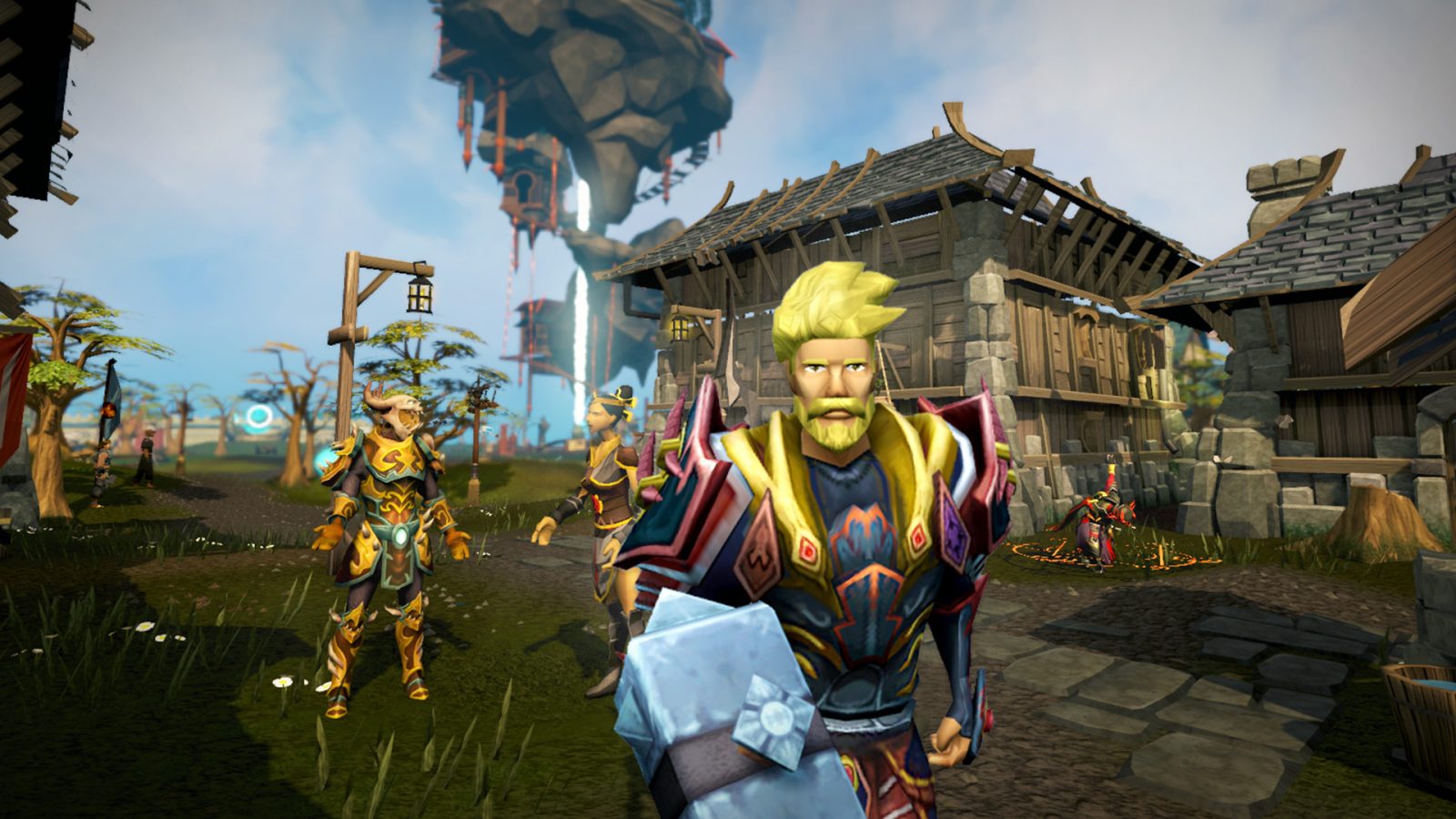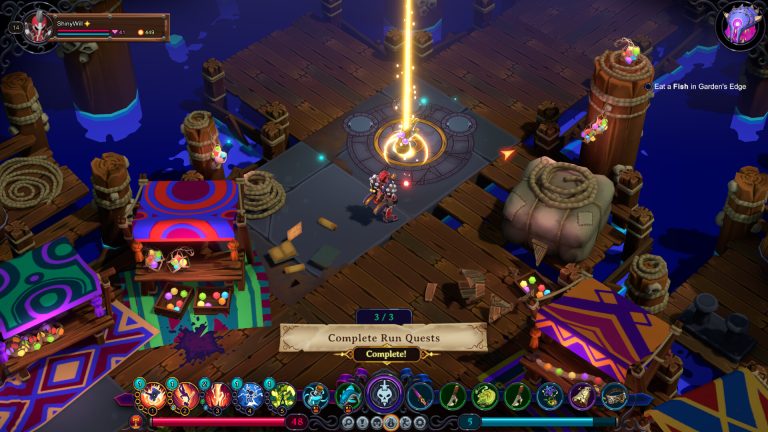Developers constantly face challenge of adapting to player preferences. A trend that’s gaining traction is the aversion to in-game monetization. This sentiment has been so strong that even indie developers are taking note and making significant changes.
Take, for instance, the indie RPG Inkbound. Developed by Shiny Shoe, the brains behind the critically acclaimed Monster Train, Inkbound initially incorporated a battle pass and cosmetic shop. However, in a recent announcement, the studio is removing all in-game monetization by October 27. This decision was driven by the clear shift in both industry and player sentiment against such features.
Shiny Shoe’s approach to monetization was always intended to be player-friendly. It aimed for its in-game purchases to be “100% optional, cosmetic-only, with no impact on gameplay, and with no FOMO.” But recognizing the broader industry trend, it has opted for a complete removal.
Players who have already made purchases will not be left in the lurch, though. They’ll be compensated with additional bonus rewards, and the cosmetic content will still be available in-game, earned through gameplay.
Inkbound isn’t alone. Another notable example is RuneScape’s developer, Jagex. The Cambridge-based developer added a Hero Pass, a battle pass system replete with microtransactions. However, following significant player backlash, Jagex decided to roll back this update shortly after launch. Recently, it also announced the removal of the Hero Pass from RuneScape after its first season concludes in December.
These decisions by developers underscore a broader industry trend. Players are becoming increasingly vocal about their preferences, and in-game monetization, especially when perceived as aggressive or intrusive, is falling out of favor.
Developers, whether indie or major studios, are realizing that the long-term loyalty and trust of their player base might be worth more than short-term monetization gains.
Inkbound’s move, in particular, has been met with praise from the gaming community. Many players have expressed their appreciation for the developer’s decision, viewing it as a step in the right direction.

With the game set to receive a “strong 1.0 update” next year, it seems Shiny Shoe is keen on building a solid foundation of trust with its players. Here’s hoping that other developers will respond to this trend in a similar manner – yes, we’re talking about you, EA.

